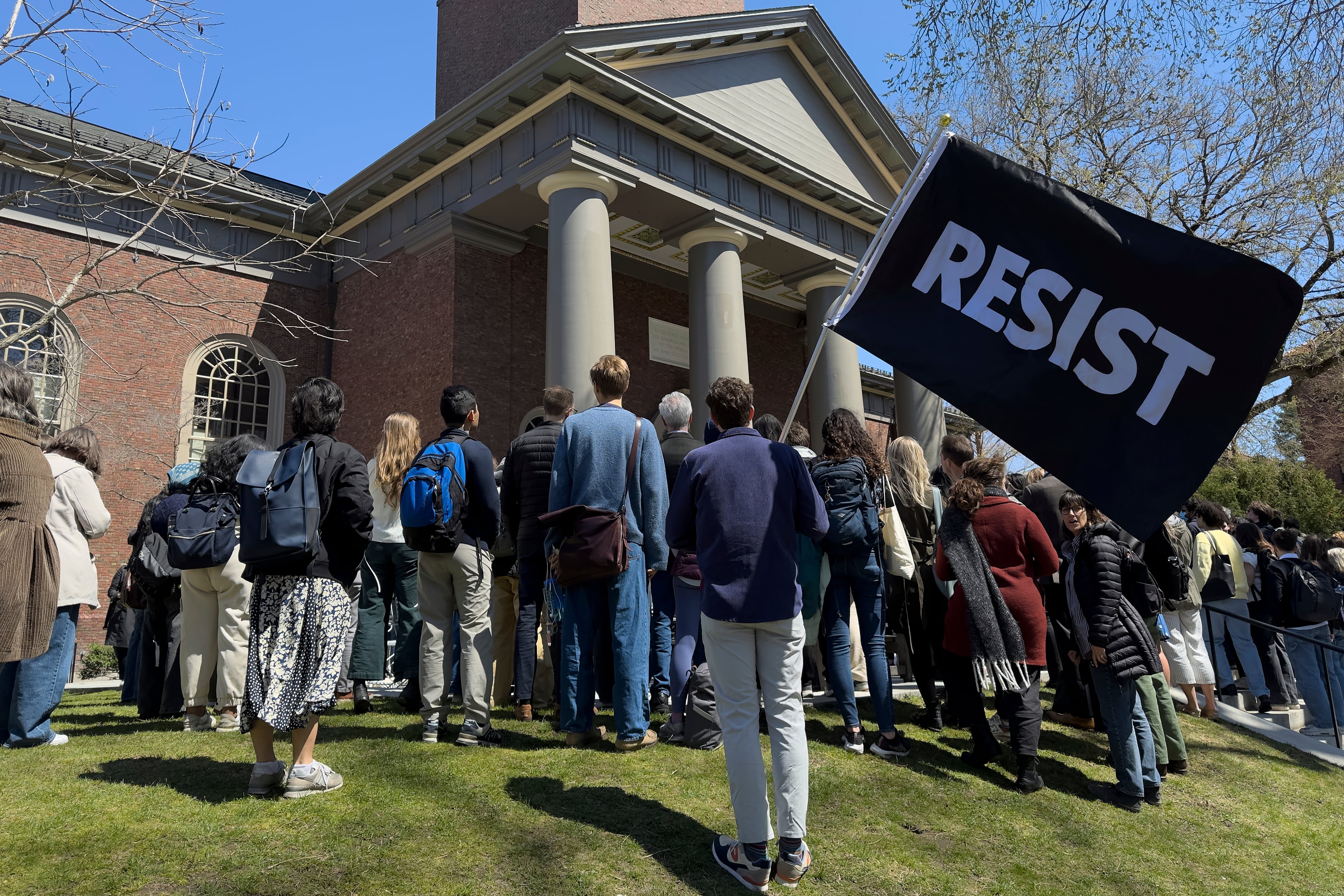Searching for warning signs authorities might’ve missed in the months leading up to the April 13 murder of a Japanese woman on Okinawa, military investigators began downloading the internet browser history on dead Hospital Corpsman 3rd Class Gabriel Olivero’s computer.
“How long does it take for a severed carotid artery to result in unconsciousness?”
“How does someone cut their carotid artery with a kitchen knife?”
“How long would it take to die if one of your external jugular vein [sic] was slit?”
Obtained by Navy Times, those searches are tucked into a 102-page investigative report by the U.S. military into the homicide of Tamae Hindman, a 44-year-old citizen of Japan who worked in Okinawa’s beauty industry.
A bloody knife was found next to her body. So was the corpse of Olivero, 32, who killed himself after murdering her, the end to a stormy relationship that began 2 ½ years earlier.
Crime scene investigators located a major stab wound on Hindman’s neck, with additional cuts to her hands. To them, that indicated the woman’s desperate but vain attempt to defend herself from his blade.
Olivero then surgically took the knife to his groin, evidence that he had learned from his extensive online research.
One of the woman’s two children witnessed the gruesome scene, the report added.
A ‘state of panic’
It wasn’t the first time that night that Olivero visited her apartment.
In the waning minutes of April 12, he and Hindman had argued from opposite sides of a locked door. He begged her to let him in and threatened suicide if she didn’t comply.
Hindman called Naval Criminal Investigative Service’s Resident Agency Okinawa.
During the 10 minute wait to be transferred, she apparently changed her mind.
The divorced mother never mentioned the presence of the irate sailor to authorities on the line. Instead, she hung up after claiming she called due to being locked out of her apartment.
In the meantime, Olivero had left Hindman’s residence. He returned just after 1 a.m. to an Airbnb apartment he was sharing with his mother in Chatan, a town about 28 miles south of Camp Schwab, a Marine Corps base in Okinawa’s Henoko District.
Deeply concerned for her son’s mental state, Olivero’s mother had flown from the United States days earlier to be with him.
In the early morning hours of April 13 in the Airbnb flat, Olivero’s mom watched her son dissolve into a “state of panic,” according to the report.
Desperate, she made Olivero promise to stay away from Hindman’s apartment.
He seemed to agree, but shortly after 5 a.m. he left the rented room and walked the 865 feet to her home.
Olivero’s mother never saw him alive again.
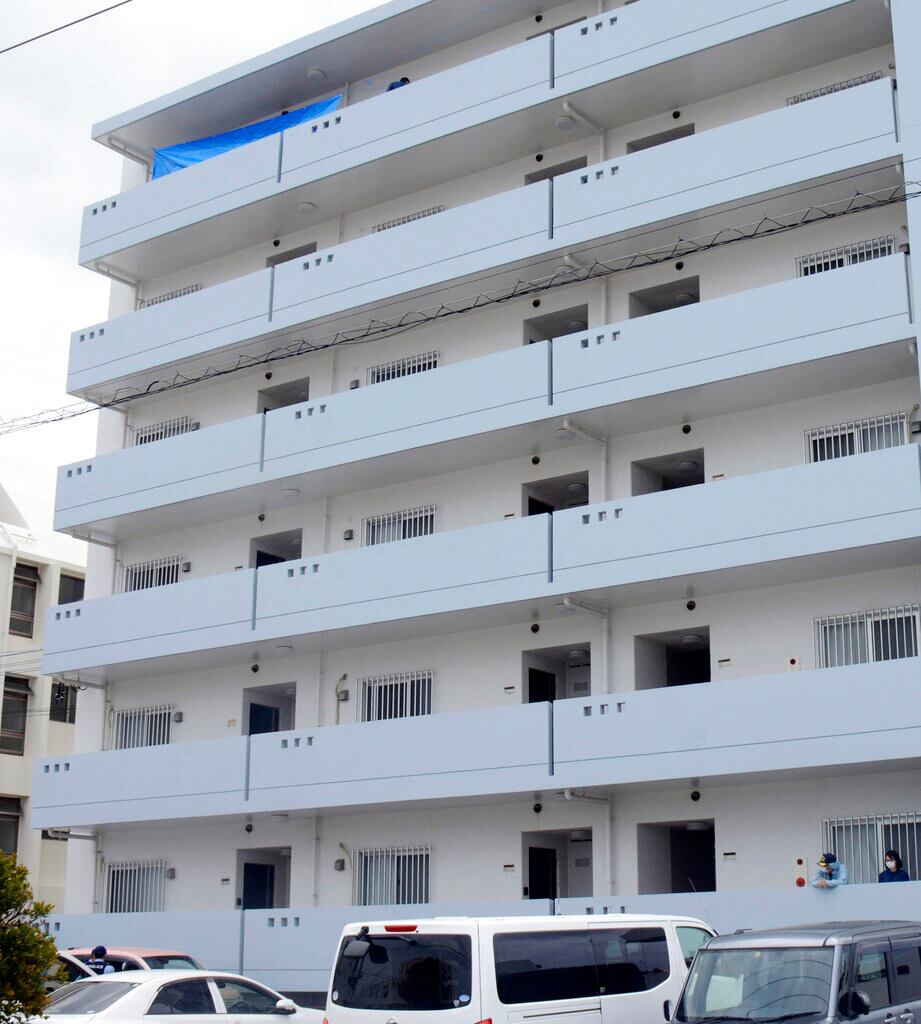
‘All life is sacred’
When investigators interviewed Olivero’s fellow sailors and Marines at 3rd Reconnaissance Battalion they found no red flags warning that the North Carolina native had a predisposition for murder or suicide.
His peers — their names are redacted in the report — uniformly described the man they nicknamed “Ollie” as a “gifted and high performing” sailor, an honor graduate with a clean service record and excellent work ethic.
A fellow corpsman at 3rd Recon described him as “selfless.”
“He always made time to help his teammates. … He was genuine and truly gave a shit about how I was doing. … Ollie was genuinely affable. He was always smiling.”
Similar descriptions by 3rd Recon personnel pepper the pages of the report, with sailors and Marines echoing their shared disbelief that he could be capable of the violence.
“This was the last thing that I would have expected,” said 3rd Recon’s battalion surgeon, who met Olivero’s mother at the battalion aid station on April 12, the day before the corpsman’s body was found in Hindman’s apartment.
Asked whether Olivero seemed anxious that day, the battalion surgeon replied, “No, he seemed happy.”
Expressing shock to investigators, one platoon sergeant from 3rd Recon shared a memory about Olivero’s kind nature. One of the Marines killed a turtle during a field exercise, and he recalled Olivero becoming distressed about the creature’s death.
“All life is sacred,” the sergeant remembered the corpsman telling the Marines.
“Olivero was one of the last guys I would ever think would do something like this," he continued. "He had a peaceful personality, and unlike most Marines, he wasn’t aggressive at all.”
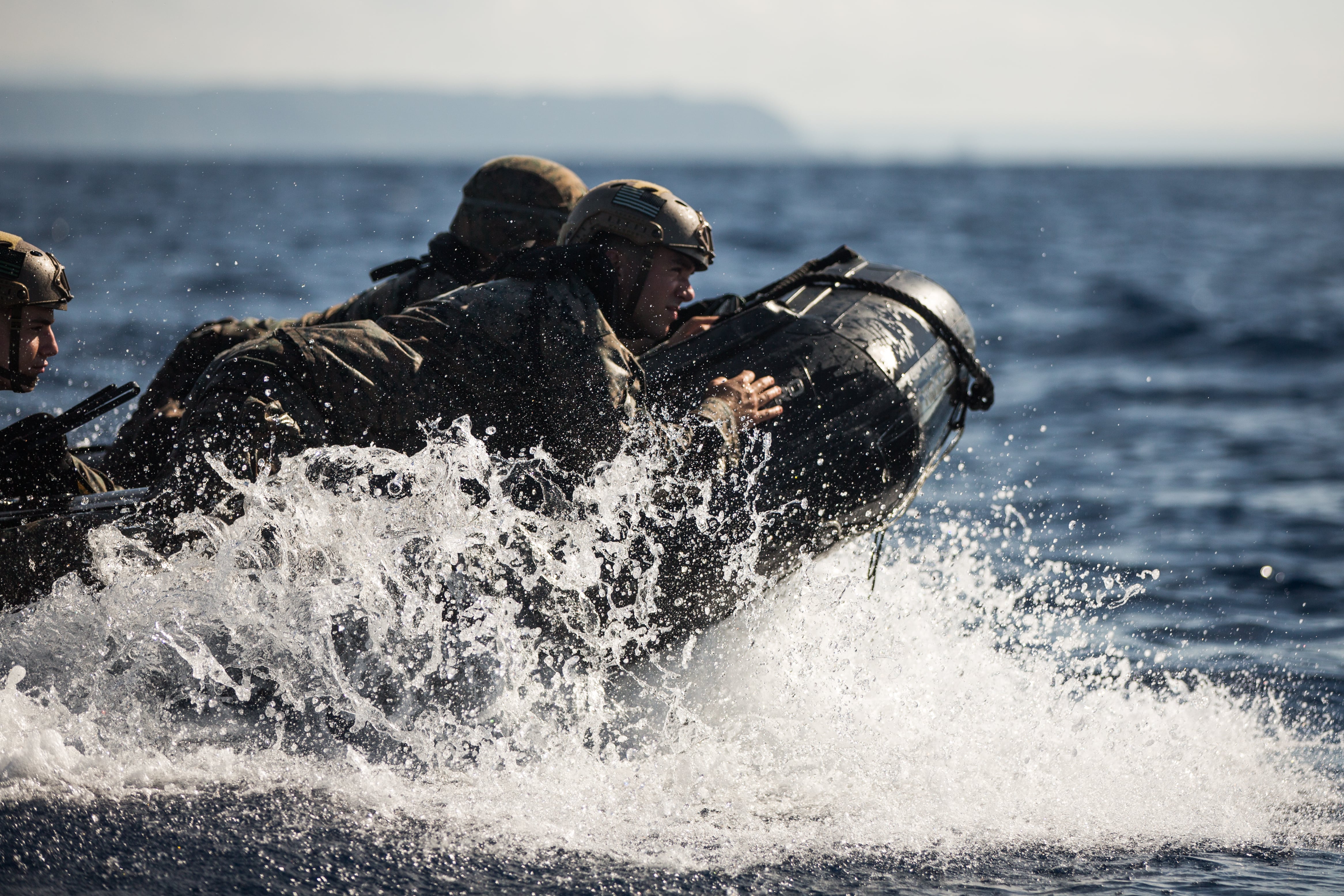
A ‘happy couple’
Olivero arrived in Okinawa, Japan, in the fall of 2016 and reported to 3rd Marine Division’s 3rd Recon Battalion.
He met Hindman soon after, and the two began a romance that evolved into a “shared domination/submission sexual fetish,” according to text exchanges between Olivero and Hindman that were compiled by investigators.
While dating Hindman in 2017, however, Olivero entered into a separate relationship with another local Japanese woman.
But all parties knew about the relationships, authorities determined, and base logbooks revealed that Hindman continued visiting Olivero at Camp Schwab throughout 2018.
Their relationship began to change in late 2018, however, when Hindman started dating a Marine reservist who had deployed to Okinawa with 2nd Battalion, 23rd Marine Regiment. He also was stationed at Camp Schwab.
The text messages between Olivero and Hindman began teetering between volatile and “sexually intimate,” investigators noticed, even if the corpsman’s fellow service members failed to notice the shifting relationship.
“At one point, I thought that they were on the path to marriage,” Olivero’s immediate supervisor with 3rd Recon told investigators.
“In late summer of 2018, I attended a fireworks festival in Nago with the two of them. Olivero told me that he intended to extend his military assignment in Japan and I kidded him about getting married to [her]. When I said that, Olivero gave me a sheepish, knowing smile.”
Another of Olivero’s friends at 3rd Recon told investigators that “they seemed like a happy couple.”
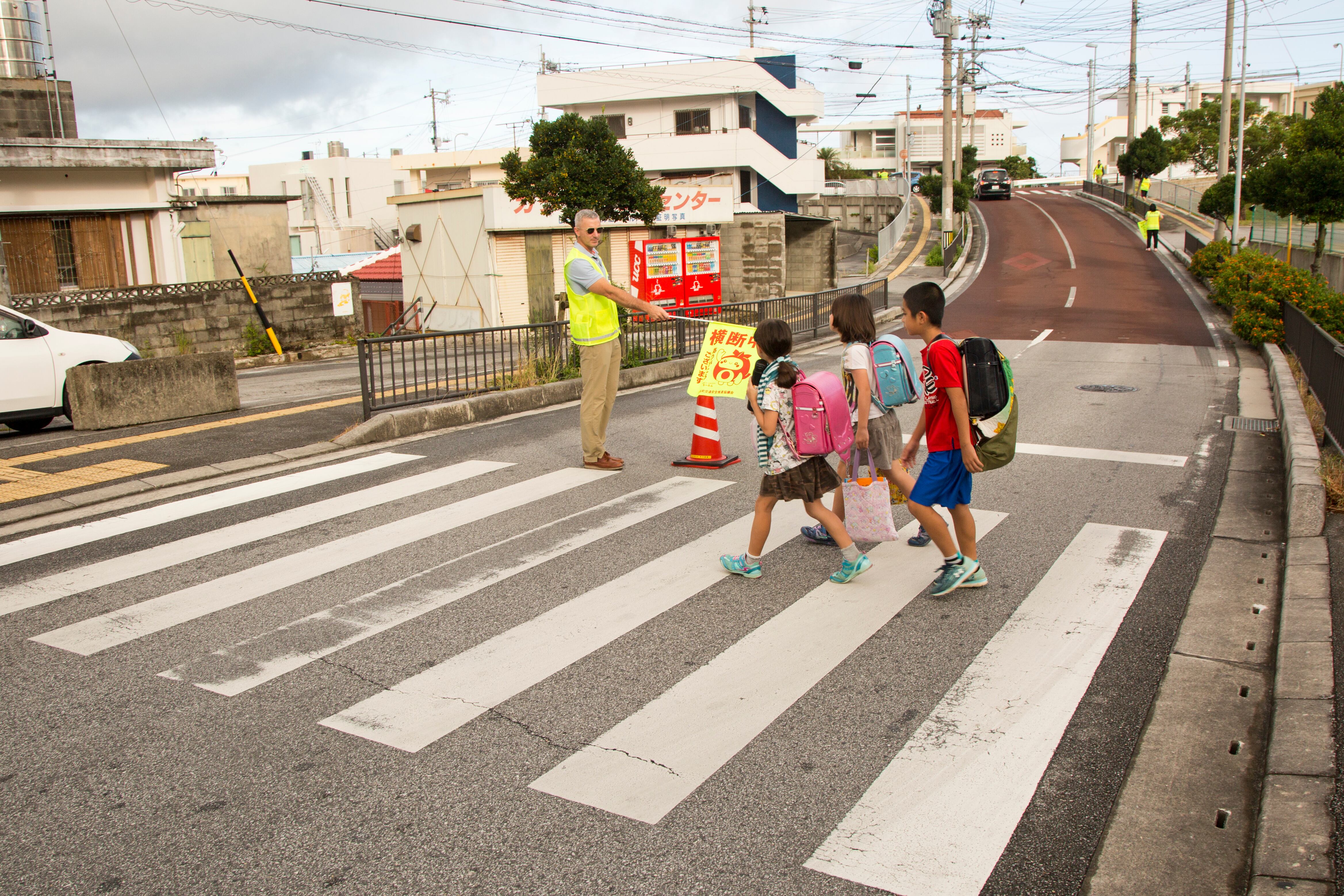
In 2019, allegations of sexual violence
On Jan. 25, Olivero was sleeping in Hindman’s bed when authorities awakened him. They told him that they were responding to a report that he had sexually assaulted her.
Inside her room, U.S. and Okinawa Prefectural Police investigators found ties typically used during bondage sex sessions, including signs of wear around the posts of Hindman’s bed, but no evidence of a struggle.
The corpsman told them that he and Hindman often engaged in “rough sex.” He agreed to submit to a sexual assault examination at Camp Foster Naval Hospital.
Although she was the person who called Camp Butler’s Provost Marshal Office to report the alleged crime, Hindman told the Japanese police officers that she was too tired to answer questions or undergo a forensic examination for sexual assault.
NCIS in Okinawa launched a formal investigation into the allegations and it remained an active case 78 days later when the dead bodies were discovered.
Japanese police ended their probe after Hindman refused to cooperate.
With limited evidence available to implicate him for sexual assault, Olivero’s command opted against confining him in the brig. Instead, he was restricted to Camp Schwab, with his weapon card taken away and his driving privileges revoked.
A military protective order mandated that he stay at least 500 feet away from Hindman, although she continued to visit Camp Schwab to see the Marine reservist.
Neither NCIS nor uniformed leaders told Olivero that Japanese authorities had dropped their case against him.
Seeking help
Despite Hindman’s sex crime allegations and the military protective order that kept them apart, Olivero’s "emotions alternated between infatuation with and hatred” for her, punctuated by a simmering jealousy and resentment for her ongoing relationship with the reservist, the report stated.
He seemed to be unraveling but none of his peers thought Ollie was a threat to himself or others. He’d also been selected for advancement to second class petty officer, military records revealed.
“One to two months before his death, I could tell something was wrong,” said a member of the 31st Marine Expeditionary Unit who worked daily with Olivero for nearly two years.
“He seemed tired, out of it, and I could tell he was dealing with a hard time. His mind was all over the place. You’d ask him a question, he’d lose track of the answer and you’d have to re-state the question.”
Olivero sought help from his chaplain and mental health care.
After speaking by phone with Olivero on March 15, one mental health specialist indicated that the corpsman believed his stability was being tested by Hindman’s continued presence at Camp Schwab, the investigation indicated.
Five days later, Olivero reported to his chain of command that Hindman approached him while he was at the base barber shop.
“She can do what she wants. Just stay away from her,” the Provost Marshal’s Office detachment at Camp Schwab responded, according to the report.
In therapy, Olivero expressed a desire for “professional care due to the constant rumination of the charges each time he sees the suspected victim on base," the file noted.
During his sessions with mental health caregivers, however, he insisted he was progressing, coping well and benefiting from “self-care such as meditation, yoga, and reading literature on forgiveness.”
The March 15, April 2, and April 8 sessions seemed to show Olivero was improving.
“Patient used mindfulness skills, yoga, and prayer as options to assist in his forward progress where he notes that his rumination symptoms have decreased substantially,” an unnamed license social worker wrote after the April 2 appointment.
“He also notes that his sleep has improved. He was very interested in developing mindfulness routines and engaged in a model of self-awareness practice.”
At no time did he appear to express suicidal thoughts to his therapists and service members noticed his improvement, too.
“He seemed to be handling the stress well,” a fellow corpsman told investigators.
“He started teaching both yoga and meditation … started volunteering most weekends at the USO and became a Single Marine Program representative. He helped organize a company barbeque that turned out to be a lot of fun.”
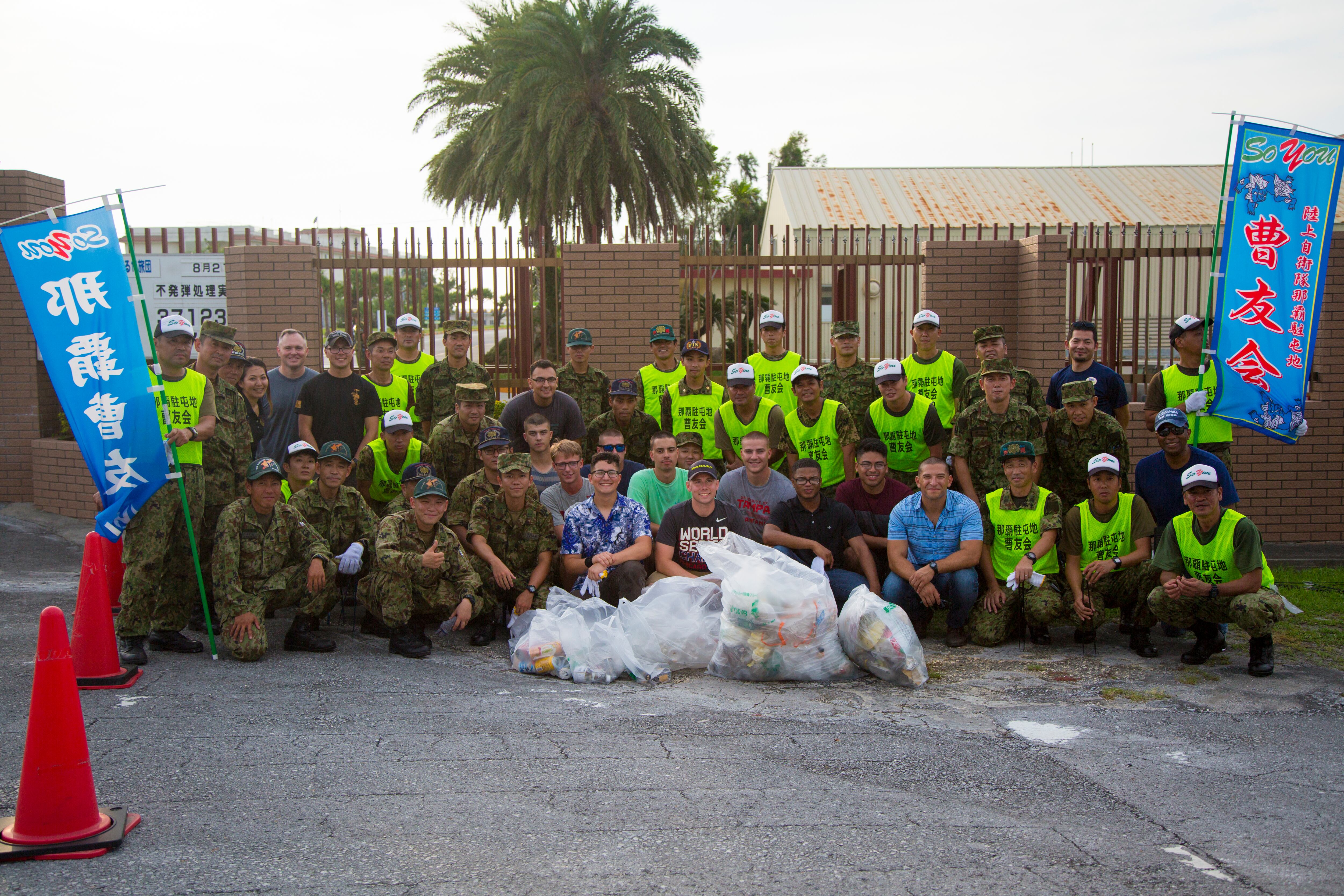
‘I want to die.’
While healthcare workers and military personnel believed Olivera was on the path to recovery, he was telling his family a very different story.
“I am … realizing that I just can’t win this situation,” he wrote in a group text with his mother, father and sister.
“I am going crazy with how unfair this situation is … A man being investigated, punished, and then harassed by a woman who falsely accused him of raping her so she can get revenge and this sympathy of another ‘brother’ service-member who enables her to continue harassing me. No consequences at all to them so they both directly lie with impunity to get me in more trouble … Even if I do survive this I will have to fight off potential PTSD and lingering psychological effects.”
On April 3, a day after what his therapist believed was a successful session, Olivera sent another concerning text to his family.
“The system is rigged against me and she has all the power. She can lie with impunity and do whatever she wants with impunity. Even if the truth comes out, I’m going to get screwed,” he typed.
Two days later arrived a similar message.
"I think I’m going to go to jail. I want to die ... I should be going to the gym or working ... But I can’t focus at all. It’s not just the fear or going to jail, it’s also the betrayal and lack of justice and powerlessness,” he wrote.
“Even if I survive this I will be broken. My mind is f--ked ... I'm traumatized. … If I survive this, she will be satisfied. If I don't she will rationalize it and still feel sadistic pleasure.”
Olivera’s text expressed the anxiety he felt by constantly trying to avoid seeing Hindman or the Marine reservist in the faces of every person he met.
“My life is over,” he typed.
“I don't want to live if my life is permanently affected by this injustice ... I have to think about it like death. Everyone is going to die in the future, no need to get anxious about it."
In late March, before that string of increasingly disturbing texts to his family, Olivero had requested leave, saying that his mom was worried about him.
His command granted it on March 27, listing as his leave address a room miles away from Hindman’s home.
On the night of the murder, after Hindman’s first call to the Camp Butler Provost Marshal’s Office, members of his platoon pulled his leave papers to find where they could locate him. They couldn’t find him.
At around 7:20 a.m. on April 13, Okinawa first responders found the bodies together.
Interviewed after his death, Olivero’s other girlfriend told investigators that in February he expressed a desire to kill Hindman, but refrained because she was a mother.
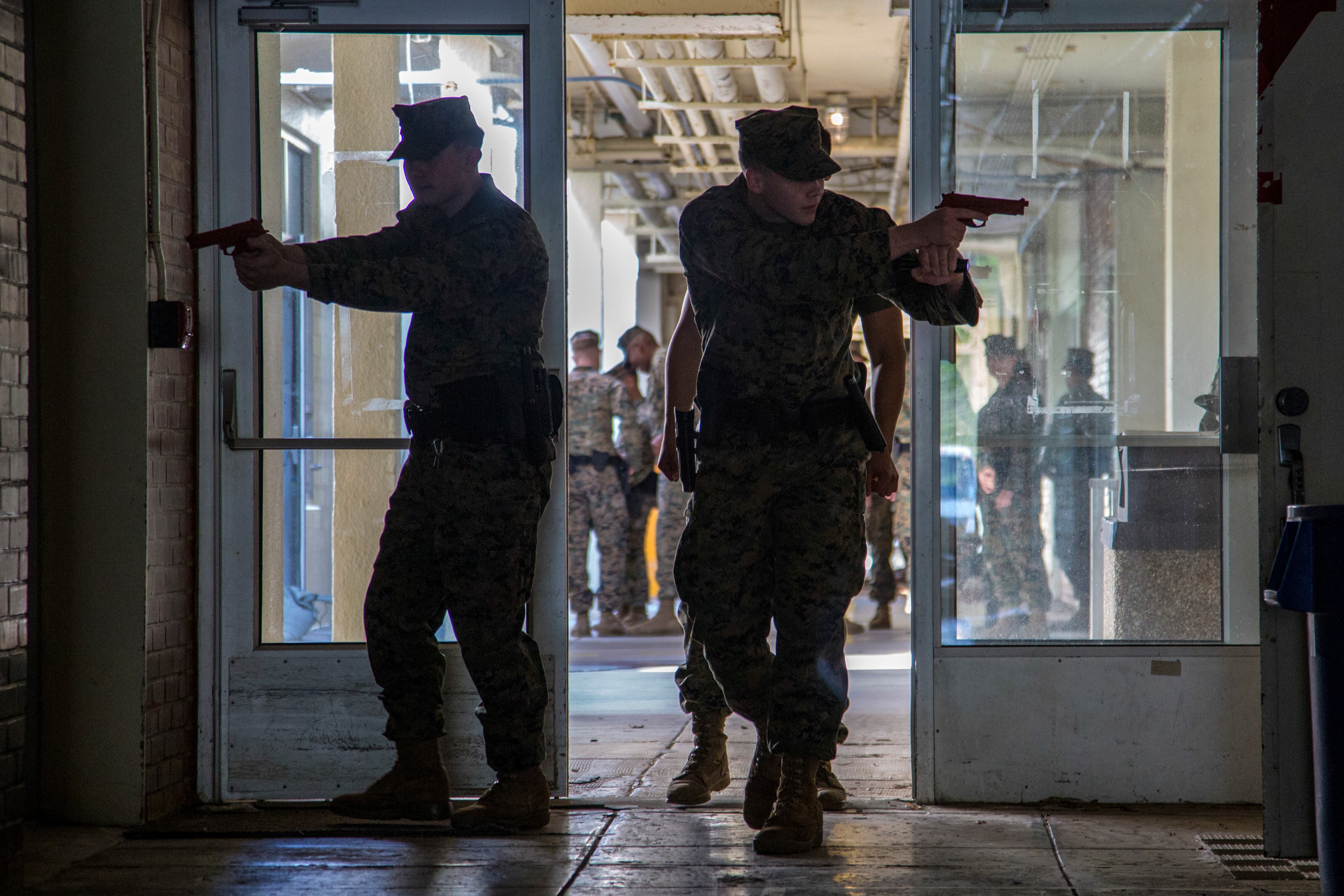
Recommended reforms
In the wake of Hindman’s slaying, the report’s unidentified author urged military officials to consider several reforms.
Citing the Marine Corps’ “insufficiently vague” order governing the issuance of military protective orders, the report recommended a local policy. It included a call to consider sharing restraining orders with Japanese law enforcement agencies if the service member lived outside of a base, if that policy could be made to comply with U.S. privacy laws and the status of forces agreement with Tokyo.
Noting Olivero’s frustration at complying with the restraining order while Hindman continued to enjoy access to Camp Schwab, the report’s author also asked officials to consider a debarment policy that targeted individual bases instead of a blanket policy that blocked a person from entering all U.S. military installations.
The author also called for Marine commanders to have better access to their sailors’ records of emergency data, leave/pass information, training and disciplinary records and other files.
As for Marine Corps Base Camp Butler, the report noted that in mid-2019 all of its senior uniformed dispatchers at the Consolidated Dispatch Center were lance corporals and the translation services seemed poor.
There was a lone Marine serving as the non-commissioned officer-in-charge but “he has been assigned several other collateral duties.”
The report called on the base to get the capability to geo-locate cellular calls to the Consolidated Dispatch Center.
It also noted that although calls to the Center are recorded, that wasn’t true for the telephone line manned by the base’s Provost Marshal’s Office Desk Sergeant.
RELATED
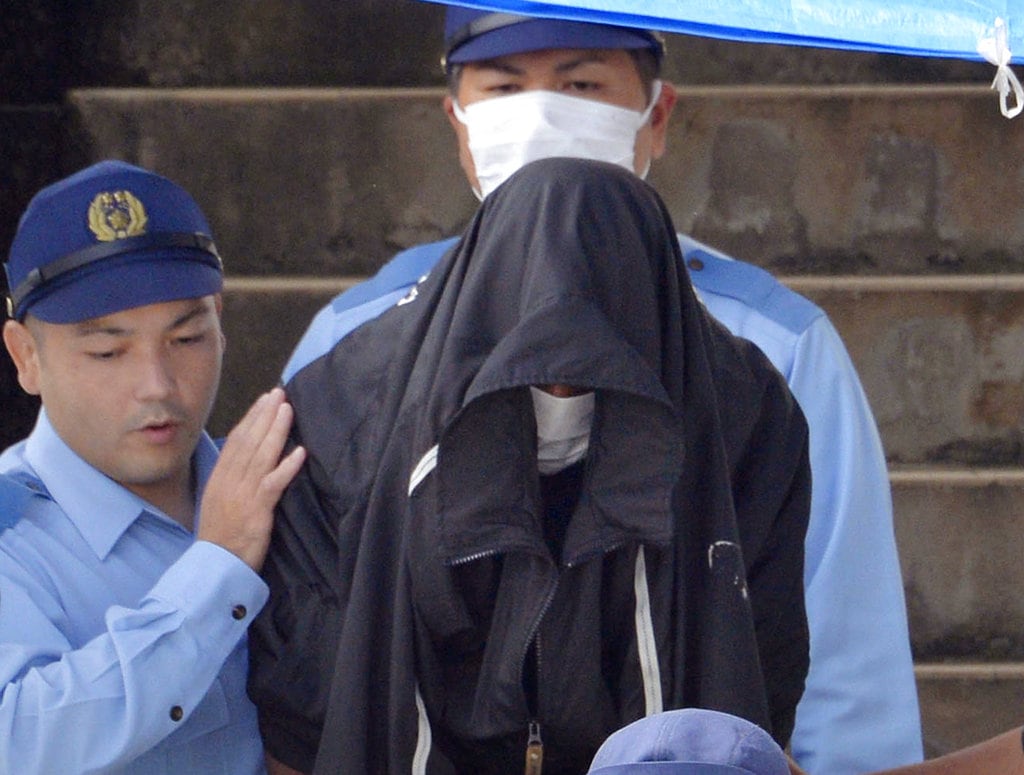
J.D. Simkins is the executive editor of Military Times and Defense News, and a Marine Corps veteran of the Iraq War.



